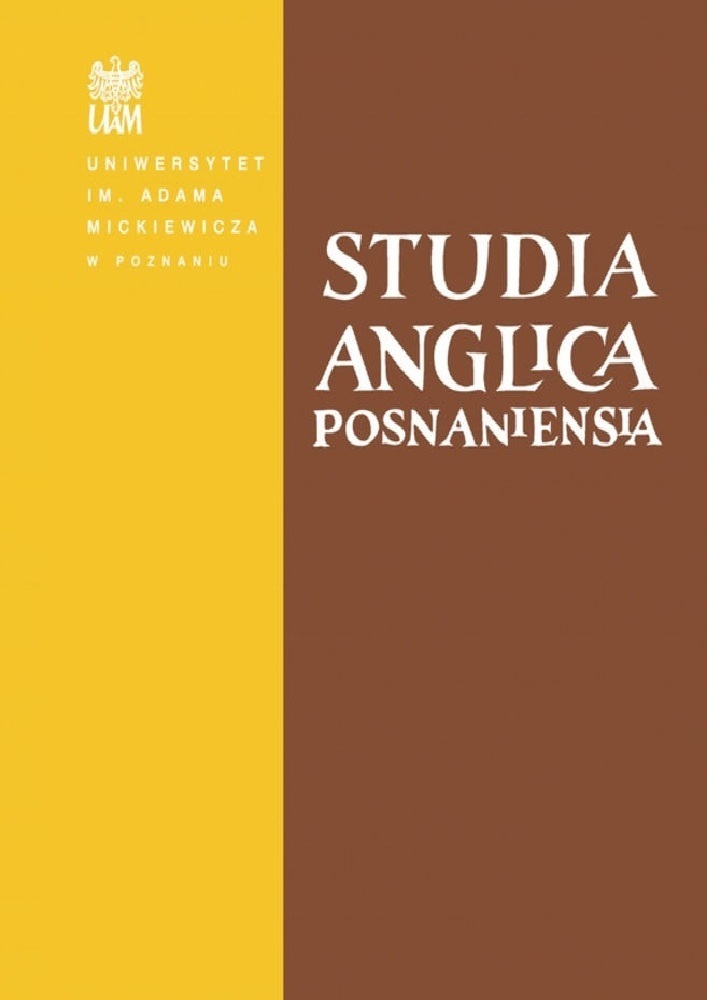Abstract
The aim of this paper is to analyze how Indigenous communities in the United States have been engaging in trans-Indigenous cooperation in their struggle for food sovereignty. I will look at inter-tribal conferences regarding food sovereignty and farming, and specifically at the discourse of the Indigenous Farming Conference held in Maplelag at the White Earth Reservation in northern Minnesota. I will show how it: (1) creates a space for Indigenous knowledge production and validation, using Indigenous methods (e.g., storytelling), without the need to adhere to Western scientific paradigms; (2) recovers pre-colonial maps and routes distorted by the formation of nation states; and (3) fosters novel sites for trans-indigenous cooperation and approaches to law, helping create a common front in the fight with neoliberal agribusiness and government. In my analysis, I will use Chadwick Allen’s (2014) concept of ‘trans-indigenism’ to demonstrate how decolonizing strategies are used by the Native American food sovereignty movement to achieve their goals.
References
Allen, Chadwick. 2014. A transnational Native American studies? Why not studies that are trans-Indigenous? In Hsinya Huang & Clara Shu-Chun Chang (eds.), Aspects of transnational and Indigenous cultures. Newcastle upon Tyne: Cambridge Scholars Publishing. 91–112.
Blue Bird Jernigan, Valarie, Eva Garroutte, Elizabeth M. Krantz & Dedra Buchwald. 2013. Food insecurity and obesity among American Indians and Alaska Natives and whites in California. Journal of Hunger and Environmental Nutrition, 8(4). 458–471. DOI: 10.1080/19320248.2013.816987
Brant, Terrylynn. 2016. Ceremony in Indigenous agriculture. Notes from the talk given at the 13th Annual Indigenous Farming Conference in Maplelag, Minnesota.
Bye, Breann Ashliee Leann. 2009. Native food systems organizations: Strengthening sovereignty and (re)building community. Graduate Thesis, Iowa State University.
Cajete, Gregory. 2004. Philosophy of Native science. In Anne Waters (ed.), American Indian thought: Philosophical essays, Malden and Oxford: Blackwell Publishing. 45–56.
Declaration of Atitlán. 2002. Indigenous Peoples’ global consultation on the right to food, Atitlán, Sololá, Guatemala, April 17–19, 2002. (http://cdn5.iitc.org/wp-content/uploads/2013/07/FINAL_Atitlan-Declaration-Food-Security_Apr25_ENGL.pdf) (Date of access: 12 Oct. 2016).
Deloria, Phillip. 2014. Conquest histories and narratives of displacement: Civil rights, diaspora and transnationalism in ethnic and American Studies. In Hsinya Huang & Clara Shu-Chun Chang (eds.), Aspects of transnational and Indigenous cultures. Newcastle upon Tyne: Cambridge Scholars Publishing. 1–29.
Deloria, Jr., Vine. 1999. Spirit and reason: The Vine Deloria, Jr. reader. (Edited by Barbara Deloria, Kristen Foehner & Sam Scinta.) Golden, CO: Fulcrum Publishing.
Deloria, Jr., Vine & Clifford M. Lytle. 1984. The nations within: The past and future of American Indian sovereignty. New York: Pantheon Books.
Dwyer, Emily. 2010. Farm to cafeteria initiatives: Connections with the tribal food sovereignty movement. Los Angeles, CA: National Farm to School Network Urban & Environmental Policy Institute, Occidental College, Los Angeles, CA.
Forte, Maximilian C. 2010. Indigenous cosmopolitans: Transnational and transcultural indigenity in the twenty-first century. New York: Peter Lang Publishing.
Huang, Hsinya & Clara Shu-Chun Chang (eds.). 2014. Aspects of transnational and Indigenous cultures. Newcastle upon Tyne: Cambridge Scholars Publishing.
Huhndorf, Shari M. 2009. Mapping the Americas: The transnational politics of contemporary Native culture. Ithaca: Cornell University Press.
Kovach, Margaret. 2009. Indigenous methodologies: Characteristics, conversations and contexts. Toronto: University of Toronto Press.
Krupat, Arnold. 2013. Nationalism, transnationalism, trans-indigenism, cosmopolitanism: Four perspectives on Native American literatures. Journal of Ethnic American Literature 3. 5–63.
LaDuke, Winona 2016. Historical perspectives on Anishinaabe agriculture. Notes from talk given at the 13th Annual Indigenous Farming Conference Conference in Maplelag, Minnesota.
Milburn, Michael. 2004. Indigenous nutrition: Using traditional food knowledge to solve contemporary health problems. American Indian Quarterly 28(3/4). 411–434. DOI: 10.1353/aiq.2004.0104
Raffensperger, Carolyn. 2009. Legal guardians for future generations: A roadmap – March/April 2009. (https://sehn.org/legal-guardians-for-future-generations-a-roadmap-march-april-2009) (Date of access: 10 March 2017).
Raffensperger, Carolyn 2016. Becoming Guardians of Future Generations. Notes from the keynote address given at the 13th Annual Indigenous Farming Conference in Maplelag, Minnesota.
Renzaho, Andre M. N. & David Mellor. 2010. Food security measurement in cultural pluralism: Missing the point or conceptual misunderstanding? Nutrition 26(1). 1–9. DOI: 10.1016/j.nut.2009.05.001
UN Declaration on the rights of Indigenous peoples and food sovereignty (Article 20, §1, September 17, 2007).
Warrior, Robert. 2007. Native American critical responses to transnational discourse. PMLA 122(3). 807–808.
Warrior, Robert. 2009. Native American scholarship and the transnational turn. Cultural Studies Review 15(2). 119–130. DOI: 10.5130/csr.v15i2.2041
Wilkins, David E. 2015. How to honor the seven generations. Indian Country Today (June 18, 2015). https://indiancountrymedianetwork.com/news/opinions/how-to-honor-the-seven-generations/ (accessed 15 December 2017).
